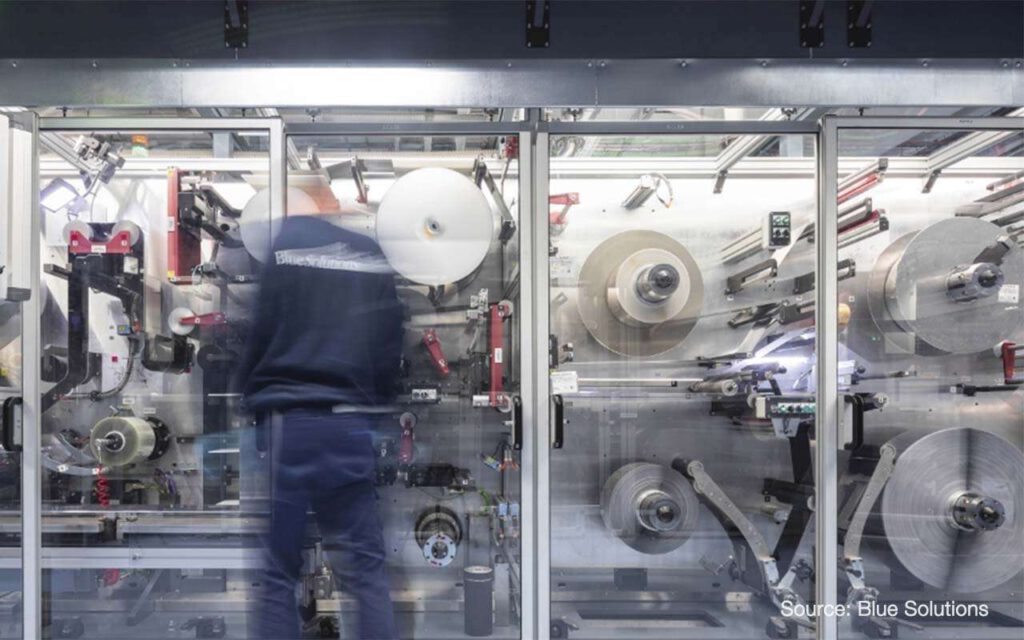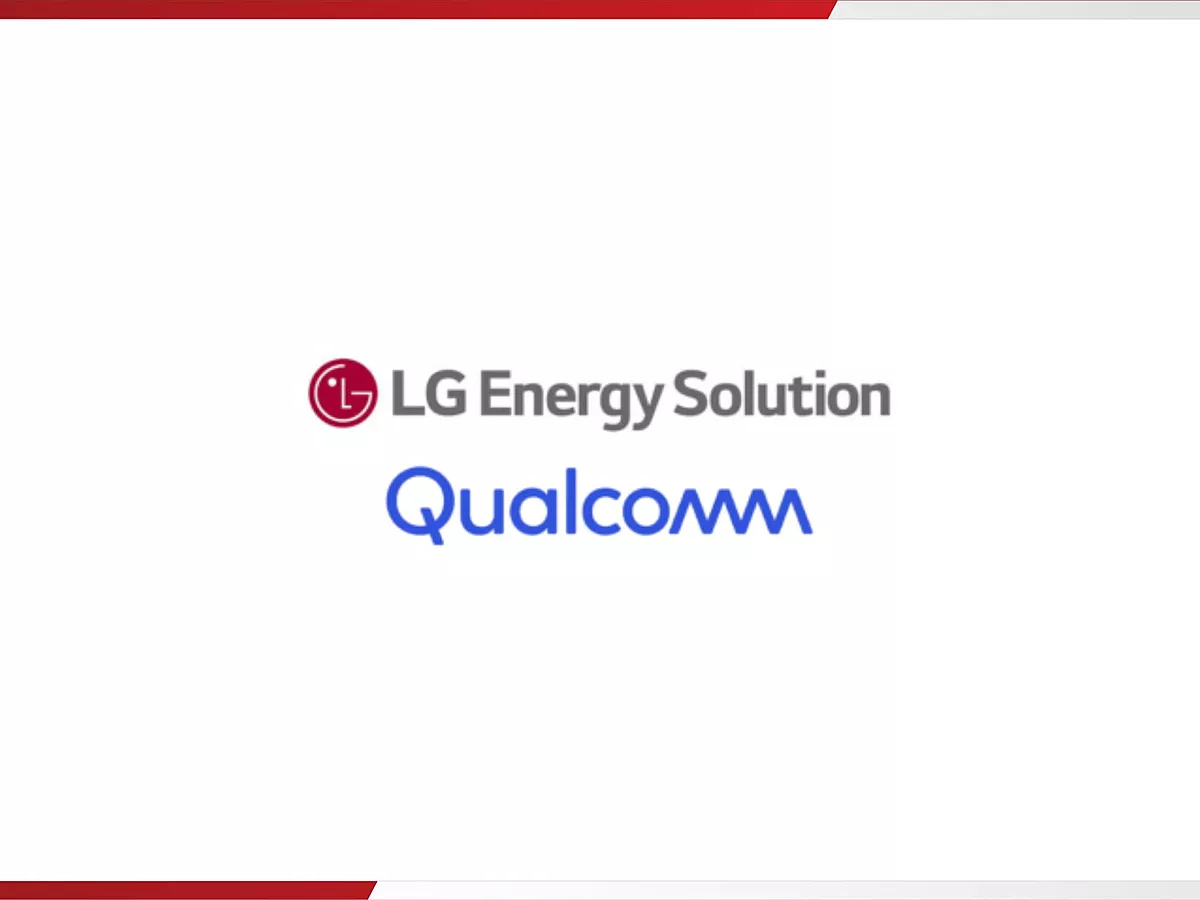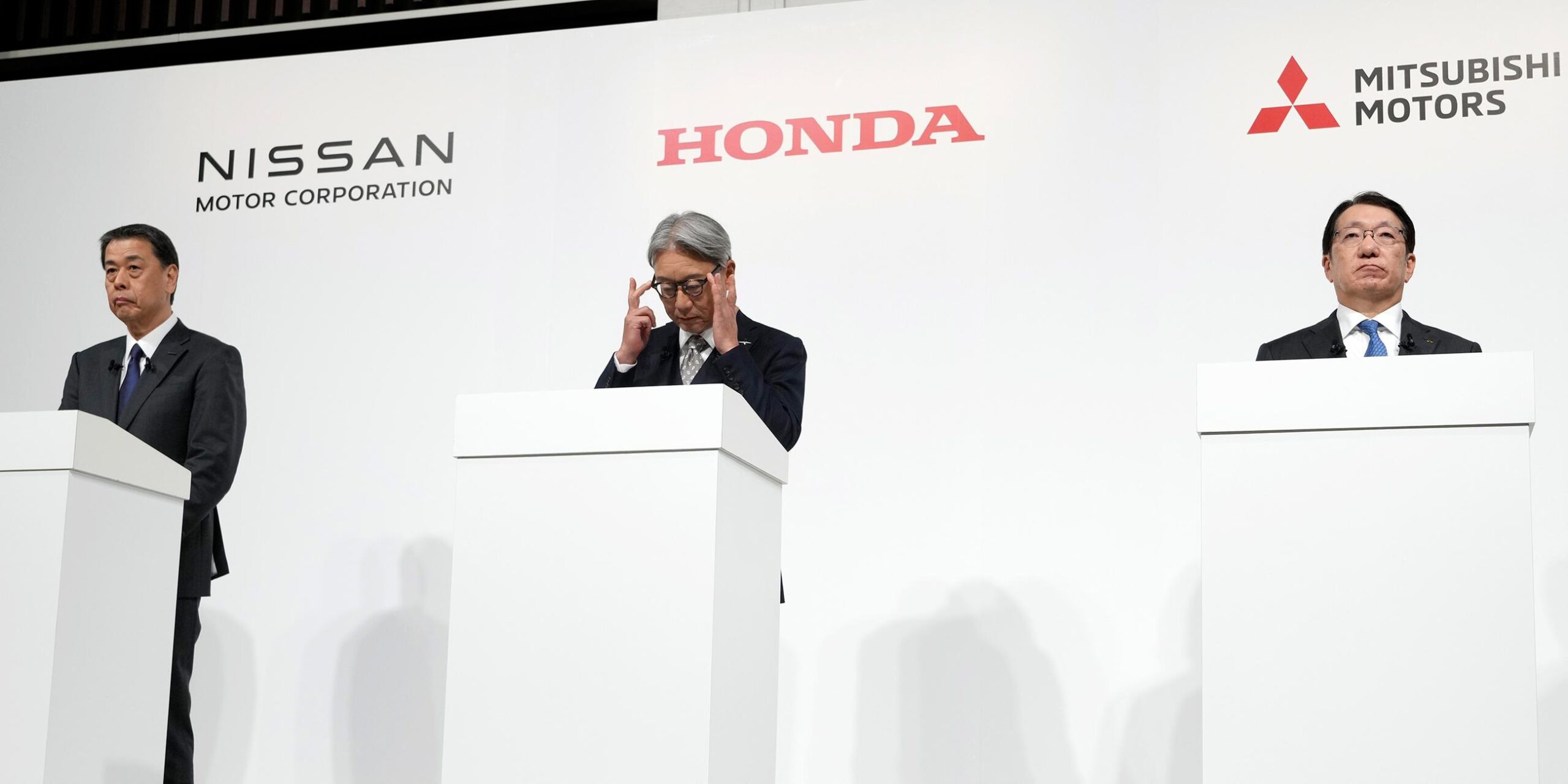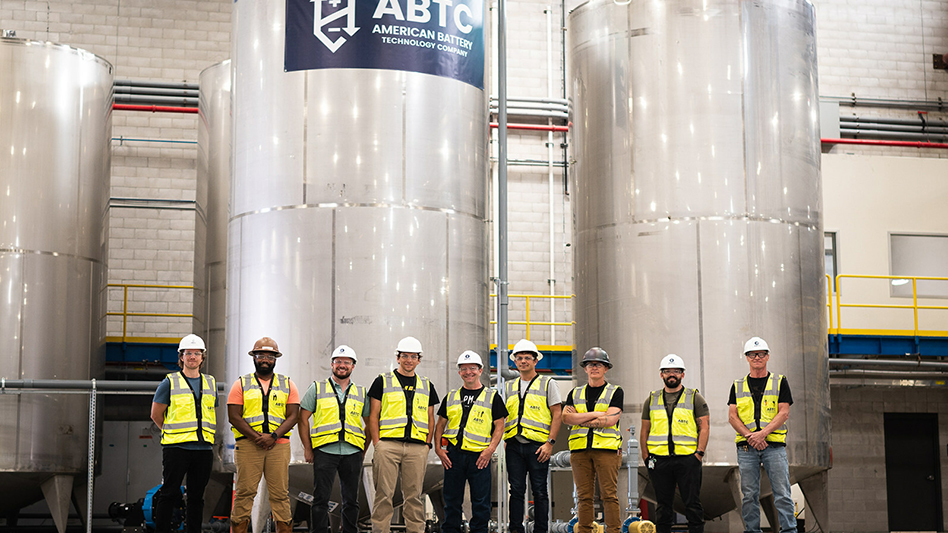As the electric vehicle (EV) market expands, automakers are constantly striving to implement more innovative and efficient battery technology. Solid-state batteries, which provide higher energy densities and faster charging times than conventional lithium-ion batteries, could change the dynamics of the market. Volkswagen, a major player in the EV market, has collaborated with US company QuantumScape to develop and produce a solid-state battery for its EVs. However, technological issues and delays have led Volkswagen to seek more alternatives.
Search for Solid-State Battery Solutions
Volkswagen’s work with QuantumScape sought to transform electric transportation by replacing the liquid electrolyte in lithium-ion batteries with a solid replacement. This not only reduces the risk of fire, but also allows for smaller battery packs and better performance. However, the development process has turned out to be more complex than planned. QuantumScape’s prototypes, while proving the fundamental functionality of solid-state technology, require further refining to overcome production-related flaws.
Recognizing the obstacles and the necessity for alternative techniques, Volkswagen has begun discussions with France’s Blue Solutions, which produces solid-state batteries for Daimler. Volkswagen intends to speed the development of solid-state technology by extending their existing architecture to passenger cars. If successful, this alliance might represent a massive advancement in the sector.
Challenges in Battery Manufacturing
Volkswagen is not the only entity pursuing the development of solid-state batteries. Prominent car manufacturers, including Toyota, BMW, and Nissan, are all committed to the advancement of this battery technology. Nevertheless, solid-state batteries have not yet achieved a stage of commercial mass production, despite substantial financial investments and years of research.
Obstacles of a technical nature, such as the implementation of lithium metal as the anode, present considerable difficulties. Although lithium metal has the potential to improve battery performance, it frequently undergoes interactions with other battery compounds during charge and discharge, resulting in the formation of cracks and defects that can undermine the battery’s structural integrity. Companies and researchers have investigated many compounds, including polymers, sulfides, and oxides, for the solid electrolyte. However, determining the best combination is still a challenging endeavor.
Another challenge that needs to be addressed is the matter of scalability. Mass production is necessary to fulfill the expectations of the mass market for solid-state batteries. To attain such a level of manufacturing, substantial investment and meticulous testing and certification processes are necessary.
Consequences for the Electric Vehicle Industry
If solid-state battery technology can be commercialized, it might greatly impact the electric vehicle market. Longer driving ranges and faster charging times would address two of the most common concerns among EV drivers, making electric vehicles more appealing to a larger market base. The use of solid-state batteries might also lead to smaller and lighter battery packs, which would be great for electric vehicles’ performance and efficiency.
The problems and setbacks that have plagued the development of solid-state batteries, however, have tempered investors’ excitement. A reflection of the doubts about the commercial feasibility of the technology is the drop in venture capital transaction activity involving businesses developing solid-state batteries. While several businesses have released versions of semi-solid-state batteries, their limitations emphasize the difficulty of obtaining a fully solid-state solution.
Despite the challenges, the development of solid-state battery technology continues. Both the car manufacturers and the battery developers are fully dedicated to overcoming the technological hurdles to achieve the revolutionary promise of this technology. New developments in design, materials, and production techniques are expected in the upcoming years as the search for solid-state batteries accelerates.
Reference: Reuters





